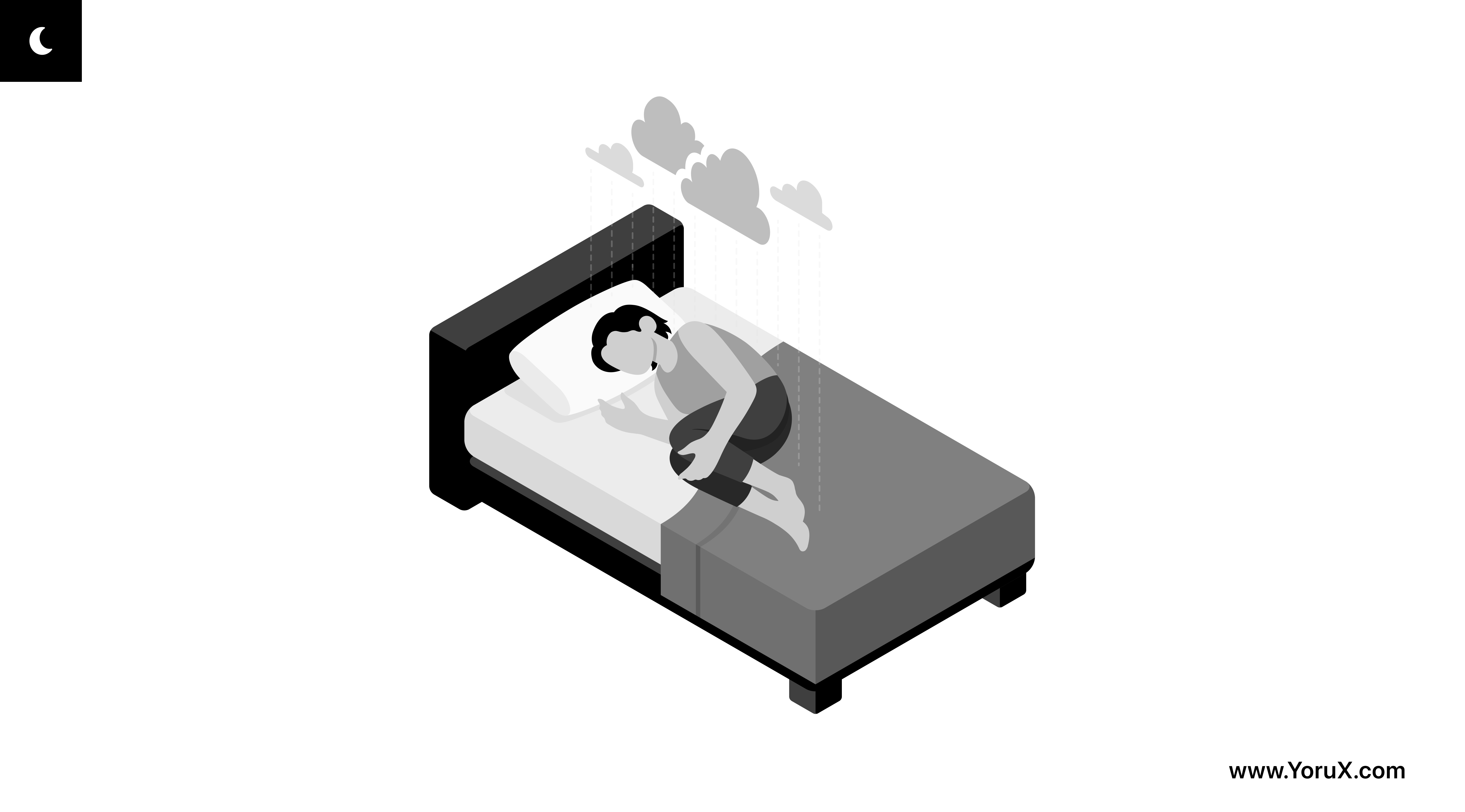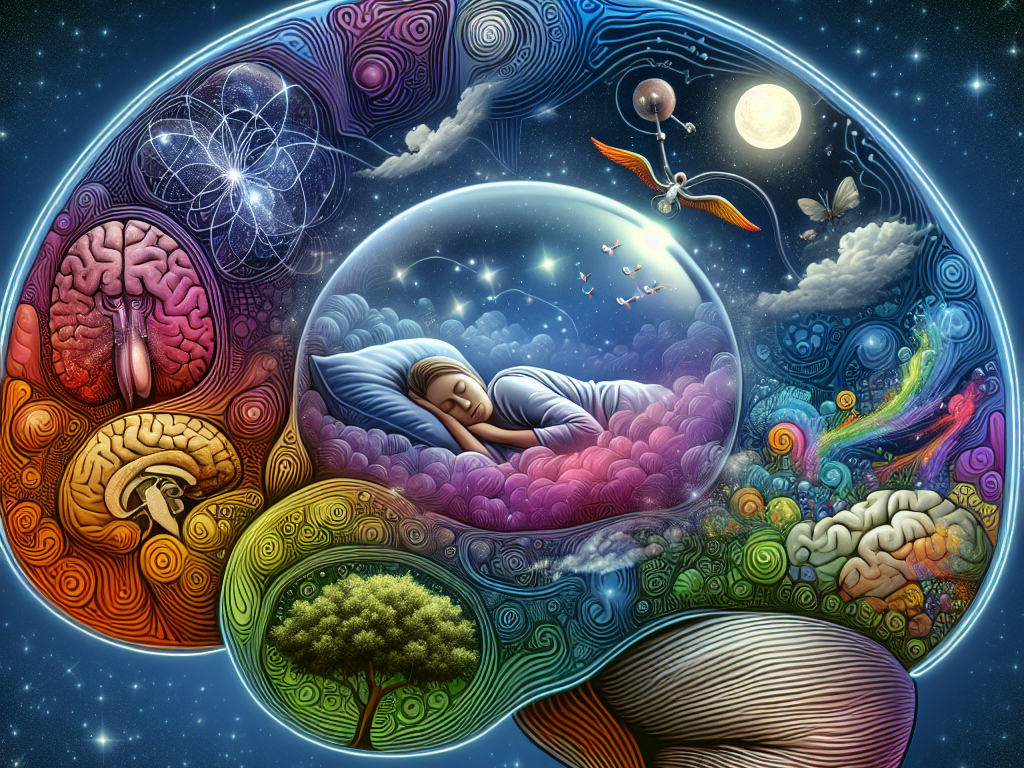
On the way to mastering the art of lucid dreaming, one might ask:
"Can lucid dreams harm me?"
After all, it's not a stretch to think that influencing one's regular sleeping and dreaming patterns might negatively affect their health and well-being.
As you may already know, sleep occurs in cycles lasting from 90 to 120 minutes. We will focus primarily on the REM stage here, as it is the stage where dreaming occurs most frequently.
Although the science is not yet settled on this, various researches suggest that deprivation of dreams (and in turn REM sleep) can negatively affect one's mental health.
People may experience:
- Trouble concentrating
- Worse memory
- Cognitive impairments
- Brain fog
The reasons behind this are not well understood, yet it's as clear as day that we need our dreams to function properly. Even more interesting is that these symptoms are more severe days after the REM sleep deprivation rather than immediately. Can controlled dreaming have similar effects?
Just like casual dreams, lucid dreams occur primarily in the REM stage of the sleep cycle. When you are dreaming consciously, you are successfully occupying the REM stage for whatever reason you choose to do so. Should you be worried that it might have any long-term effects?
Not really.
Even though you are conscious and aware of sleeping while in a lucid dream, that does not change the fact that you're in the REM stage – your brain acts the same as in a normal dreaming state, and you are at no risk of messing up your sleep cycle.
If, however, you are forcibly waking up in the middle of the night to try and induce a lucid dreaming experience, it may hurt your sleep. Try to use this technique as little as possible.
Lucid dreamers often report experiencing sleep paralysis. It is a scary sensation involving the paralysis of every muscle in one's body (except for the eyes and respiratory system) and hallucinations. More often than not, the hallucinations involve seeing a humanoid entity standing in the doorway or by one's bed. Individuals may even experience said entity sitting on their chest, resulting in difficulty breathing and feelings of suffocation.
While this encounter with the dark parts of your imagination may be terrifying, it can never harm you in any way – for it is nothing more than an illusion. With practice, you can even transform it into a lucid dream on demand.
Let's move onto the only harm lucid dreaming can cause. Even then, this harm is not direct in any way. It is associated more with the individual and their day-to-day life rather than the practice itself.
There's nothing wrong with using lucid dreams to escape your issues, rest from everyday life, and experience that which you cannot in the real world.
However, if the problems start piling up, but you avoid them each time, deeming this world unworthy of your time and interest – that's a path leading to disaster. It can be even worse if your nightly adventures' sole purpose becomes having sex in a controlled environment. It may lead to you retracting from the world even further, now deeming the company of another human being inferior to that of a dream world.
In conclusion, lucid dreaming in and of itself can never harm you. It only becomes dangerous if you use it to forget the real world and use it as a tool to further distance yourself from it. Lucid dreaming should be employed to relax, explore the unknown, learn, improve, and enjoy yourself.
Don't get lost and retract from the world. Instead, use conscious dreams to benefit yourself in it.


.png)

